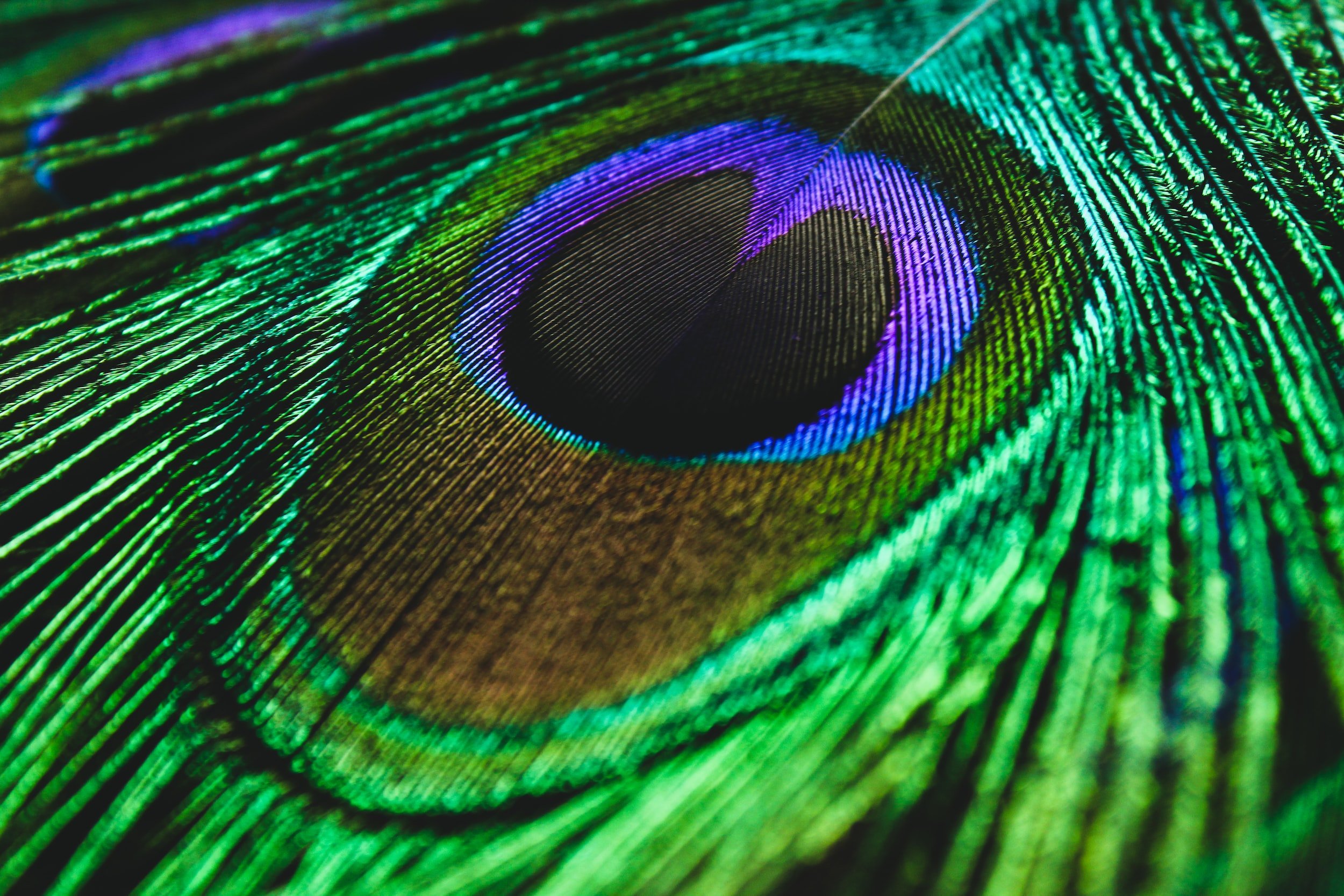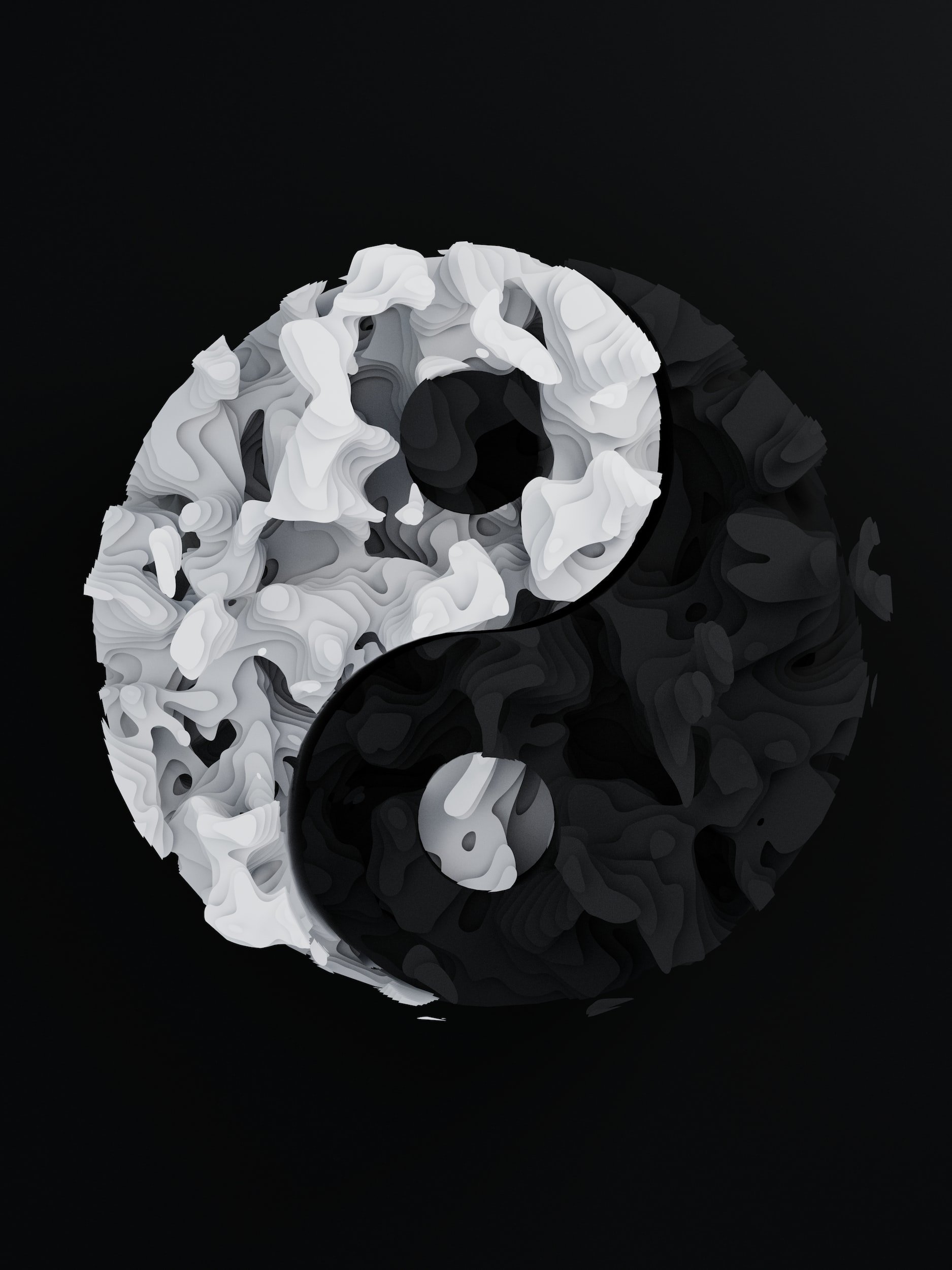by Setareh Moafi, Ph.D., L.Ac.
We’ve all heard the saying “you are what you eat” but what may be more true is that what you eat is a reflection of how you feel about yourself.
When we make healthier food choices, we're also making choices about the quality with which we want to live our lives.
A healthy lifestyle comes from knowledge through the proper resources but also through tuning in with the self. Adapting a healthy lifestyle means looking at all aspects of your life – your work, relationships and your diet.
Proper nutrition is one of the primary pillars of healthy living and, for a lot of people, it’s also one of the most challenging. My hope is to empower you to be more conscious of your diet because it is one of the most impactful aspects of your health over which you have total control.
Food and Digestion According to Chinese Medicine
According to Chinese Medicine, the Spleen and Stomach are the primary organs responsible for digestion. Everything you eat and drink has to be digested and transformed into Qi, or energy, with the help of these organs.
There are two major kinds of Qi in the body - the essence Qi, often referred to as the prenatal Qi, and postnatal Qi, which is produced from food and drink (Gu Qi), in the Stomach. Prenatal Qi is the constitutional essence with which we're born and postnatal Qi is our basic daily energy that we cultivate through our diet and lifestyle. The healthier the diet, the better quality Qi we can extract and therefore the greater our endurance.
The Gu Qi, or “grain” as it is often called in the classics, that enters the Stomach, is transmitted to the Lungs to produce the defense or “guard Qi,” also known as Wei Qi, which is essential for maintaining one’s circadian rhythm.
Wei Qi forms in the Lungs through the Gu Qi that first enters the Stomach. As Chapter 21 of Nei Jing Su Wen stated, “Beverages enter the stomach. Overflowing essence Qi is transported upward to the spleen. The spleen Qi spreads the essence, which turns upward to the lung” (Unschuld, 2011, 375).
The Spleen sends Gu Qi up to the Lungs, where (with the help of Kidney Qi) it combines with air and transforms into another form of energy known as Zong Qi, which is often referred to as "gathering Qi."
Zong Qi is formed from the combination of Gu Qi extracted through food and drink and Lung Qi extracted through the breath. Therefore, the more nutritious your diet and the better your capacity for deep respiration, the better quality Qi you'll have to support the various organs' Qi in the body.
Since Gu Qi is also used to produce Wei Qi, which controls circadian rhythm and supports immunity, a healthy diet also supports sleep and healthy immune function.
An unhealthy diet that's high in sweet, spicy, fried and processed foods taxes the digestive system and over time will make us not only feel lethargic but also can damage the gut, or the Spleen and Stomach terrain, and lead to chronic inflammation.
In Western Medicine, the impact of nutrition on overall health has been confirmed through recent studies on the gut-brain axis (GBA).
Eating healthy can be so simple (and beautiful!) - Sprouted quinoa, lentils and adzuki beans with brussel sprouts, arugula and beet salad, avocado, butternut squash and baked sweet potatoes. We dressed the salad, grains and brussel sprouts with organic olive oil, black and cayenne peppers, and lemon juice from Meyer lemons in our garden.
The Gut-Brain Axis
Recent studies have revealed that the enteric nervous system (ENS), which is a system of neurons within the gastrointestinal tract and often referred to as the ‘second brain,’ may be linked to immune function, hormonal regulation, psychological disorders, and even autism. The bidirectional communication between the brain (i.e. the central nervous system) and the ENS is known as the gut-brain axis (GBA), an information superhighway of chemicals and hormones that provides constant feedback and influences - among other things - our moods, emotions and sleep patterns.
The vagus nerve is the longest cranial nerve in the body. It passes through the neck to the abdomen and interfaces with parasympathetic control of the heart, lungs and digestive tract. Evidence indicates that the communication between the microbiota in the gut and the brain involves the vagus nerve, which transmits information from the luminal environment of the gut to the central nervous system (CNS).
Important hormones and neurotransmitters such as melatonin, which regulates sleep, and serotonin, which affects mood, are produced in the gastrointestinal tract. In fact, about 90% of serotonin, which can affect mood and social behavior, appetite and digestion, sleep, memory and sexual desire and function, is produced in the gut.
The health of the gut therefore impacts the health of the brain and our ability to process information, manage stress, sleep, balance our emotions, as well as digest and assimilate food.
Chinese Medicine Perspective of Digestion, Emotions and the Gut-Brain Axis
Li Dong-yuan (1180 – 1251 c.e.) was a Chinese medical scholar who is considered to be one of the Four Great Masters of the Jin-Yuan period of Chinese Medicine. As founder of the Earth School, Li believed that the health of the Spleen and Stomach was the foundation for disease prevention. He developed the concept of Yin fire, which he believed is produced by excessive emotions and poor diet, both of which damage the original Qi and overwhelm the Spleen and Stomach. Excessive emotions engender heat internally. This heat, accompanied by weakness in the Spleen and Stomach, eventually flares upward into the Heart causing symptoms such as restlessness, anxiety and insomnia.
The gut-brain axis dynamics discussed earlier parallel Li Dong-yuan’s emphasis on the pivotal role of the Spleen and Stomach, or gut health, for all human functioning. Li believed that disease pathology manifests as a result of damage to postnatal Qi, the source of which is the Spleen and Stomach.
The Spleen and Stomach is responsible for creating the Gu Qi, or energy that is transformed from food. Excessive or unbalanced emotions and stress weaken the Spleen and Stomach and therefore the gut. According to Li Dong-yuan, this weakness leads to stagnation of Stomach Qi that eventually turns into heat or Fire. This pathological heat relates to any inflammatory or infectious condition within the gastrointestinal tract.
We can therefore surmise that heat accumulation in the gut eventually affects the brain and interferes with the harmonious interplay between the gut and brain. Furthermore, pathological heat in the gut burns out the Stomach Yin which correlates to the destruction of the intestinal mucosa.
Over time, as the mucosal lining of the gut deteriorates, "leaky gut" syndrome develops allowing for undigested proteins to leak into the blood stream and begin the cascade of inflammation throughout the body. This is one of the fundamental pathological processes underlying a host of autoimmune diseases.
Diet and Your Health
Some argue that to eat healthfully is too costly or a less convenient option. But we can’t be short-sighted. The long-term return on your investment is quite high, even if in the short-term it is a little more expensive to cook healthy foods at home rather than eat processed foods, for example.
Nothing is worth more than the health of your mind and body. And nothing will give you as great a return on your investment.
Your health is the pillar of your future success, happiness and fulfillment. Nothing is possible without health, and in health anything is possible.
So it should naturally be the number one place where we put our resources.
In Chinese Medicine, diet can be used as a modality in and of itself to heal chronic illness.
Diet is also the most important self-care tool we all have. Our diet provides an opportunity to feel empowered because we're able to have a say in our self-care and well-being through the choices we make with food.
What we eat is a mirror for how we feel about ourselves, and the choices we make with what we eat also allows us to choose how we want to feel and what we want to create in our lives.
If you’re interested in learning about Classical Chinese nutrition in greater depth, you can learn more and join the waitlist for my upcoming program.
Once you've finished reading this article, I'd love to hear from you on any or all of these questions in the comments below --
* How does what you eat reflect how you feel?
* Do you eat better or worse under stress?
* What's one change you could make in your diet to better reflect what you want to create in your life?
Want to know how to
heal yourself with food?
Learn to use Classical Chinese Dietetics to create your custom nutrition plan so you can let go of overwhelm with food for good. Join the waitlist to get free insights & be the first to know when enrollment opens for my one-of-a-kind course.
Setareh Moafi, Ph.D., L.Ac. is co-owner and Director of A Center for Natural Healing in Santa Clara, California. The Silicon Valley-based health and wellness clinic specializes in Classical Chinese Medicine and Traditional Japanese Acupuncture with a clinic and studio where Dr. Moafi offers clinical services and transformational workshops that blend the ancient practices of Classical Chinese Medicine and Yoga. More information at www.setarehmoafi.com and www.acenterfornaturalhealing.com.

















